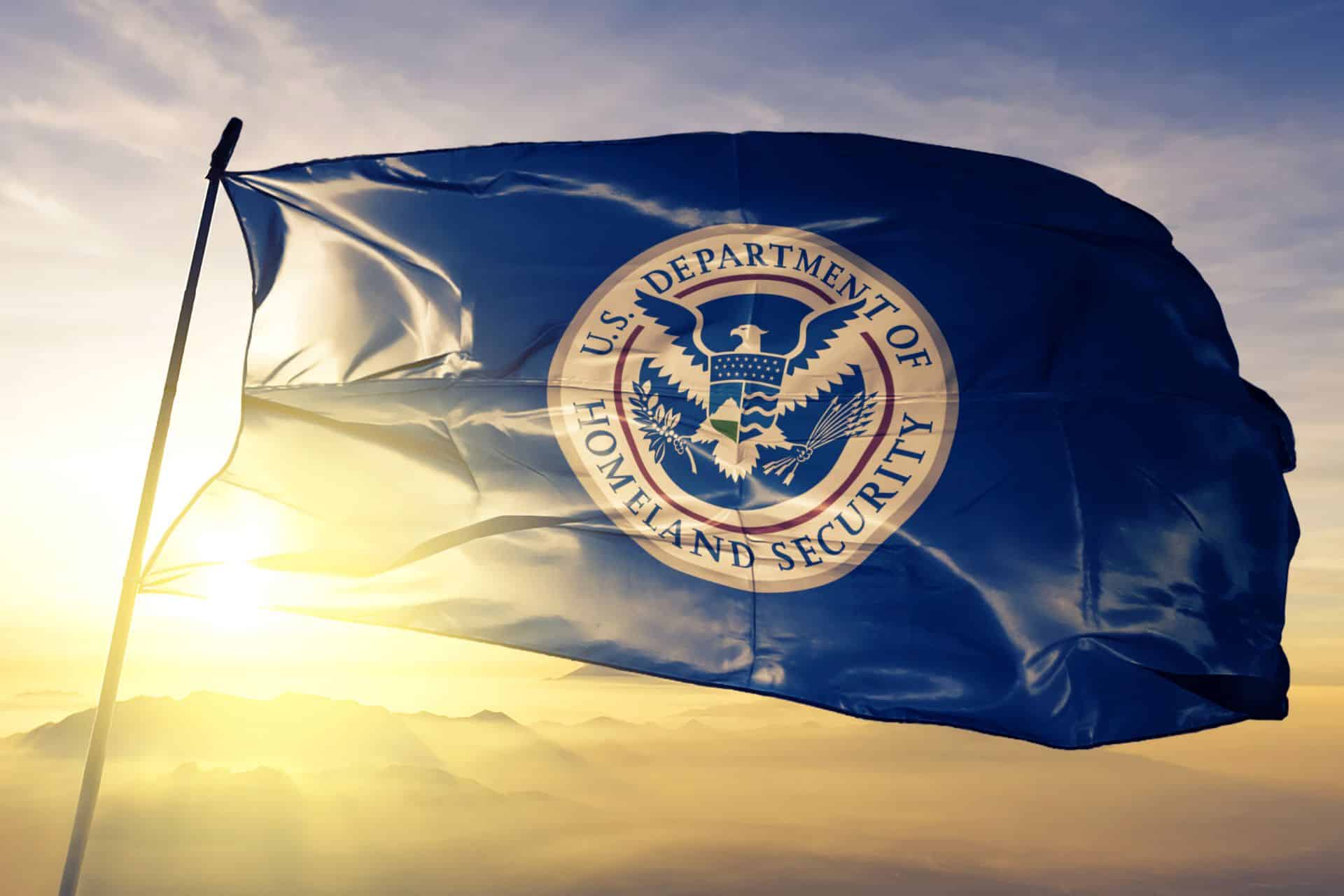The expiration of the Centers for Disease Control (CDC) Title 42 public health order on May 11, 2023, marked the return to Title 8 for immigration processing, emphasizing the importance of legal pathways for entry into the United States. The recent implementation of the Lawful Pathways Final Rule aims to encourage migrants to follow safe, legal, and orderly procedures. Those who choose unlawful entry face consequences that may limit their current and future hopes to enter the U.S. through lawful means.
The Department of Homeland Security (DHS) recently introduced or broadened various options for legal entry. These include a parole program for individuals from qualifying countries, expanded seasonal employment availability, the ability for migrants to schedule appointments in advance with immigration officials, and an expansion of refugee programs.
Under the Lawful Pathways Final Rule, there is a presumption of ineligibility for asylum seekers attempting to enter the U.S. without a legal basis through the southwest border or nearby coastal regions. However, certain exceptions apply, subject to specific requirements.
Overview of Lawful Pathways
Noncitizens who attempt unauthorized entry into the U.S. from the southwest border or nearby coasts will be presumed ineligible for asylum under the following conditions:
- Migrants who traveled through another country without accessing existing legal processing opportunities in that country.
- Those who arrived at the U.S. border without first scheduling an appointment through the CBP One app.
- Migrants who have previously been denied asylum in a third country they traveled through before reaching the U.S. border.
While the presumption of ineligibility for asylum is generally applied, there are certain limited exceptions that allow noncitizens to challenge the presumed denial status. These exceptions are detailed below:
- There is a reasonable possibility of persecution or torture if they return to the country designated for removal.
- They are unaccompanied minors.
The presumption is time-limited to the 24-month period following the expiration of Title 42 to address the anticipated influx of migrants after the policy ends.
Exceptions to Presumed Ineligibility
The presumption of ineligibility does not apply to individuals who meet the following criteria:
- They have prior authorization to travel to the U.S. through DHS-approved parole programs.
- They have scheduled a specific time and place to present themselves at a designated port of entry using the CBP One app.
- They appear at a U.S. port of entry and can demonstrate that they were unable to schedule an appointment through the CBP One app due to technical, literacy, language barrier, or other serious issues.
- Their application for asylum was denied in a third country while traveling to the U.S.
- They are unaccompanied children.
Challenging the Presumption of Ineligibility for Asylum
In exceptional circumstances, noncitizens may challenge the presumption of asylum ineligibility. To do so, they must provide evidence that at the time of their unauthorized entry into the U.S., a family member traveling with them experienced one of the following:
- Serious medical emergency,
- Immediate and extreme threat to their safety or life, such as kidnapping, torture, rape, or murder, or are a
- Victim of trafficking.
If the individual shows they can challenge the presumption of ineligibility, the typical asylum process begins. An asylum officer will evaluate the challenge to the presumed ineligibility during the credible fear interview. The asylum officer’s decision is reviewed by an immigration judge.
- If the asylum officer determines that the noncitizen is not subject to the presumption of ineligibility, the credible fear interview will proceed according to existing procedures. This includes assessing eligibility for asylum and considering protection under the Convention Against Torture (CAT) if there is a significant possibility of torture or persecution.
- In cases where the noncitizen is found not to be subject to the presumption of ineligibility for asylum, the asylum officer then decides whether the threat of torture or persecution in their country of removal is ‘more likely than not’ to happen. If such a finding is made, the individual will receive a notice to appear before an immigration judge for removal proceedings.
It’s important to note that if a family is traveling together and one member successfully challenges the presumption or is exempt from it, all family members will be treated in the same way.
Consequences for Ineligibility
Individuals who enter the U.S. without a legal basis and are not able to prove they are an exception to the presumption of ineligibility for asylum will be quickly removed from the United States. In addition, they will face a five-year ban on reentry and may be subject to criminal prosecution if they attempt to re-enter within the five-year period. Individuals from countries with a parole program, including Cuba, Haiti, Nicaragua, and Venezuela, will be considered ineligible for the program if they try to enter the U.S. without a legal basis.
End of Transit Ban and Entry Ban
In addition to the updates mentioned, the Department of Homeland Security (DHS) and the Department of State (DOS) put an end to both the transit ban and the entry ban.
Timeline of the Presumption of Ineligibility for Asylum
This final rule is part of an emergency plan to address the expected increase in the number of noncitizens seeking entry into the United States following the expiration of COVID-related policy Title 42. The hope is this final rule remains in effect for a time-limited period of 24 months from its effective date, which is DATE. It is important to note that even after the 24-month period, the presumption of ineligibility for asylum will continue to apply to noncitizens who enter the U.S. without a legal basis.
If you have any questions or concerns regarding asylum, your immigration status, or any other immigration-related matters, please do not hesitate to contact us at ILBSG. We have a team of experienced attorneys dedicated to providing guidance and support based on your specific circumstances.

